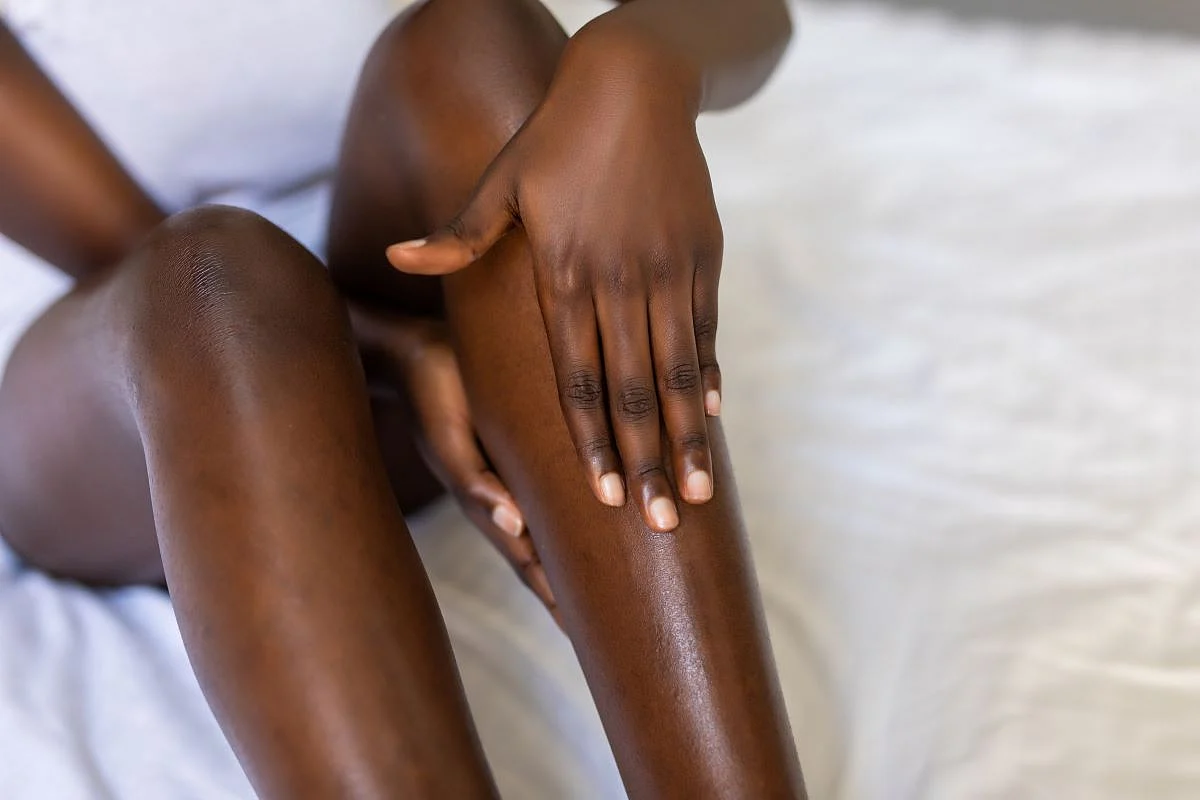Skin of Color Has More Adverse Events From Sclerotherapy
By Lori Solomon HealthDay Reporter
FRIDAY, Aug. 16, 2024 -- Patients with skin of color may experience more adverse events from sclerotherapy, according to a study published online July 26 in the Journal of the American Academy of Dermatology.
Michelle Lazar, from the Boston University School of Medicine, and colleagues characterized the incidence of common adverse events following sclerotherapy in various Fitzpatrick Skin Types. The analysis included data from 134 patient visits for sclerotherapy (treated with 0.5 to 1 percent Polidocanol).
The researchers identified 12 adverse events across all visits, resulting in an 8.96 percent adverse event rate. Adverse events included blistering (six events), postinflammatory hyperpigmentation (PIH; five events), induration (three events), superficial thrombophlebitis (one event), and ulcer (one event). There was no evidence of acute deep venous thrombosis in Doppler ultrasound in the patient with superficial thrombophlebitis. Overall, the majority of the adverse events occurred in Fitzpatrick Skin Types of III or higher, while all PIH adverse events occurred in patients with Fitzpatrick Skin Types of IV or higher.
"Our data highlights that sclerotherapy is safe in populations with skin of color, though they do experience PIH at a higher rate as compared to those with lighter skin tones," the authors write.
Abstract/Full Text (subscription or payment may be required)
Disclaimer: Statistical data in medical articles provide general trends and do not pertain to individuals. Individual factors can vary greatly. Always seek personalized medical advice for individual healthcare decisions.
© 2025 HealthDay. All rights reserved.
Posted August 2024
Read this next
No-Touch Vein Harvesting Reduces Vein Graft Occlusion at Three Years
MONDAY, May 5, 2025 -- A no-touch vein harvesting technique reduces vein graft occlusion and improves patient outcomes at three-year follow-up among patients undergoing coronary...
Cold Hypersensitivity, Heavy Leg Sensation Tied to Risk for Varicose Veins
THURSDAY, April 24, 2025 -- Cold hypersensitivity and a feeling of heaviness in the legs are linked to the presence of varicose veins in adults aged 30 years and older, according...
More news resources
- FDA Medwatch Drug Alerts
- Daily MedNews
- News for Health Professionals
- New Drug Approvals
- New Drug Applications
- Drug Shortages
- Clinical Trial Results
- Generic Drug Approvals
Subscribe to our newsletter
Whatever your topic of interest, subscribe to our newsletters to get the best of Drugs.com in your inbox.

